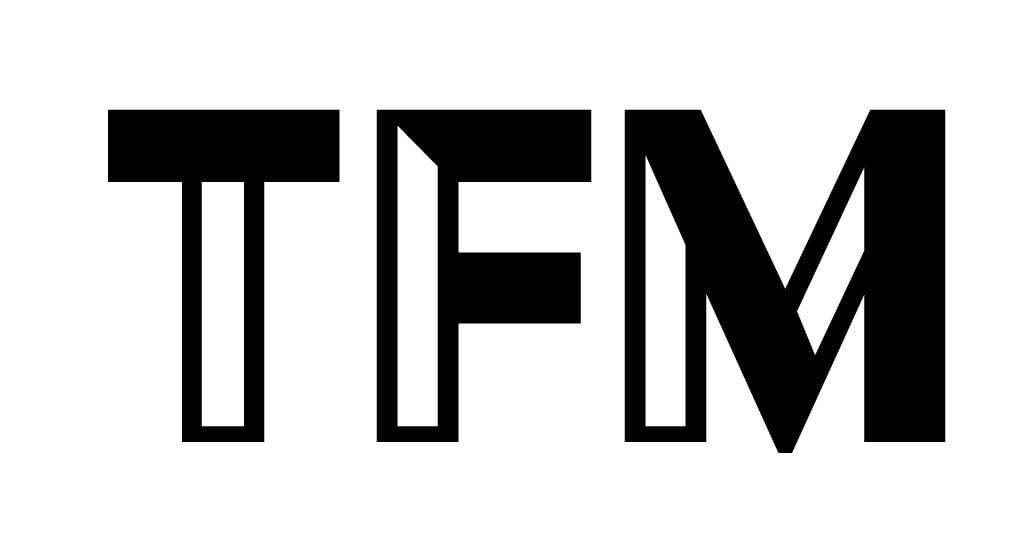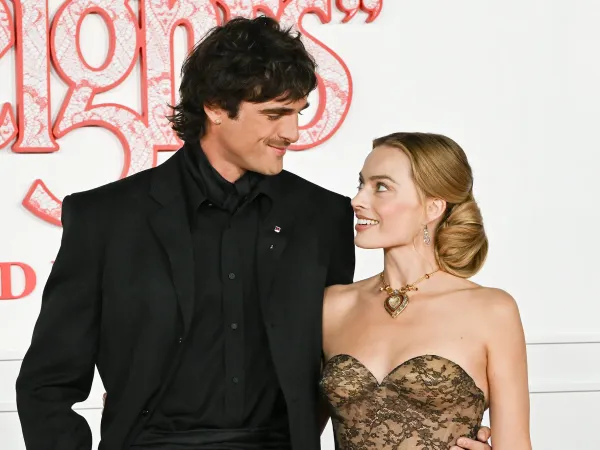'Relay' Review: David Mackenzie and Riz Ahmed Team Up for Fantastic Old School Spy Thriller
Unspoken, is this also a disability movie? The answer is...maybe?

This post is free but it’s worth it to become a paid member of The Film Maven community! Paid subscribers are the backbone of The Film Maven and becoming one shows support for independent journalism, as well as female- and disabled-created content. It also allows me to write really fun articles and hire freelance writers. And becoming a paid subscriber gives you access to The Trade, my examination and exploration of topics in the entertainment industry, my Popcorn Disability articles on disabled representation in film, and more. I also cross post these over at The Film Maven Patreon where you can subscribe, at the same price, without supporting Substack itself. Subscribe and show your support for independent journalism.
Read more about the history of disability in film by pre-ordering my upcoming book, Popcorn Disabilities: The Highs and Lows of Disabled Representation in the Movies. I not only expand on what you’re reading here, but examine the stereotypes, tropes, and the good, bad (and really ugly) of disabled movies. Preorder the book by clicking this link! Send me proof of your preorder and I’ll give you a paid subscription to The Film Maven for one year!
It’s been a minute since a movie has left a smile plastered on my face while I was watching it, indicative of a movie where I genuinely don’t know where it’s going and am just wrapped up in what’s being presented on-screen. Within the first 30 minutes of David Mackenzie’s latest, Relay, that smile showed up and never left my face. It’s not just because of how much classic Hollywood inspiration Mackenzie draws from, nor is it the superlative performance from the always stellar Riz Ahmed. It’s the fact that Mackenzie tells an old school story with such a contemporary verve and sense of enjoyment. Relay is a movie that, like some of the most timeless features, could just as easily have existed in the 1970s, or the 1990s, as it does today. Miss those ‘90s thrillers that weren’t about saving the world but were just fun and well-told? Here’s a new one for ya!
Ever wonder who brokers the deals between companies and the people too afraid to go public? In Relay, that’s handled by a shadowy loner (Ahmed), a ghost who spends his days living in isolation and only communicating with those he works for through a telephone relay system used for the Deaf and hard of hearing. When he meets Sarah (Lily James), a scared biotech whistleblower, he presumes it’s like any other job. But Sarah’s former company are hellbent on keeping her silent, and the broker starts to wonder if his feelings are getting in the way.
Mackenzie’s film is a movie that doesn’t happen enough times: a thriller that’s smart enough to give its audience the situation without holding their hand. The movie starts at the conclusion of one of the broker’s deals. The whistleblower meets the company CEO who wants information and the audience wonders if death is going to ensue. “I wanted to see what evil looks like,” the man says. “But you look just like everyone else.” This is a movie about appearances and what an audience expects villainy and heroism to look like. Though Ahmed’s character—whose name isn’t revealed until close to the end—has a highly convoluted system of locks, traps, and servers to run his business the premise is fairly simple.
He helps whistleblowers who regret their decisions and simply want peace of mind to leave everything alone. No one’s hellbent on going to the public or being a hero. The exact opposite of the ‘70s paranoia thriller. The people the broker works with just want to feel safe. Sarah is one such woman, a biochemist who has discovered a specific wheat strain could make a lot of people sick…but just wants to return the information she’s found and go about her life.
The Film Maven is a reader-supported publication. To receive new posts and support my work, consider becoming a free or paid subscriber.
The fun of Relay comes from how Mackenzie and crew set up the mouse trap that, by the third act, the viewer knows will eventually snap and draw everyone together. The intricacy of the broker’s world is fantastic and wound as tight as can be. Ahmed doesn’t even have a line of dialogue for the first 30-odd minutes of the movie, content to listening to his voicemails and generally go about his life unobserved. Akin to Gene Hackman’s character in The Conversation, Ahmed’s role starts out as purely observer. A man with a job content to have no ties to humanity, if he can help it. His only communication is through the telephone relay system he uses to call his clients, the voices of different operators giving no indication of who he is, but also letting him be a variety of people.
If there’s any reason to see Relay—and there are many reasons to see it—it’s how it uses a disability-centric device in a way that can actually benefit the community. Relay is not particularly a Deaf or disabled story, but there are elements woven into the narrative that, no doubt, will help those who have no connection to those communities. (Make this a Riz Ahmed double feature with Sound of Metal and thank me later.) The broker uses the system because of its anonymity and the fact it doesn’t keep records of its conversation. But it also situates him as an outsider alongside those in other marginalized communities. At one point he goes to get a fake ID and the person doing it is Deaf, the two communicating in ASL. In a time when disability services are being cut, and there are still people who don’t know how Deaf people make phone calls, this opens the door to examining the day-to-day lives of their communities.
Several reviews have mentioned Mackenzie using Klute, The Parallax View and The Conversation as influences for Relay, implying a heavy, convoluted story of paranoia and surveillance. And there is plenty of that to be found in the way it brilliantly executes a story focused on telephones, cameras and tracker devices. But there’s another movie found within Relay not being referenced and that’s Stanley Donen’s 1963 feature Charade. It’s not just because Ahmed’s broker uses Archie Leach—Cary Grant’s real name—as a pseudonym, or at one point gets to go full Grant with the suit and heavy-rimmed glasses (yes, it’s as hot as it sounds). It’s the way the movie blends the mystery and said paranoia with a heavy dose of romance as Ahmed and James’s characters start to let their simultaneous guard down. When the two finally have an actual phone conversation it’s akin to a sexual moment because of how vulnerable and intense the movie has built up the connection, and the audience’s longing, for them to inhabit some sort of the same space.
Thanks for reading The Film Maven! This post is public so feel free to share it.
Ahmed continues to prove he’s a movie star. His performance here is quiet and sensitive. His inquisitiveness is found in how he looks at people in crowded rooms where you can see his mind working out how to fix the situation. A third-act reveal of his background almost seems unnecessary because, up till this point, the audience more than understands the type of person he is. James works as good as anyone would as Sarah. Her moments opposite Ahmed are sexy, albeit in a more awkward way than the slick cool of something like The Thomas Crown Affair. A third act twist does feel completely unexpected considering how lived-in James’s performance is. The rest of the cast is just the noise that surrounds the two, particularly Sam Worthington as the cocky baddie.
Relay is a remarkably strong film that takes its old school inspirations and modernizes them to great effect. Riz Ahmed continues to be remarkable. This is fun, sprightly movie that you shouldn’t just see in a theater, but see again with a lot of friends.
Relay is in theaters this Friday.
Grade: A-
Are you excited to see Relay? Leave a comment below or join us in The Film Maven Chat to discuss this and other topics!
Enjoy what you’re reading? Share it with friends. Help us get to 1,000 subscribers by the end of 2025 and I’ll do a full written and video review of Francis Ford Coppola’s Megalopolis.
Let’s work together! If you have editorial opportunities and would like to collaborate with me on an entertainment or disability project, drop me a message.




